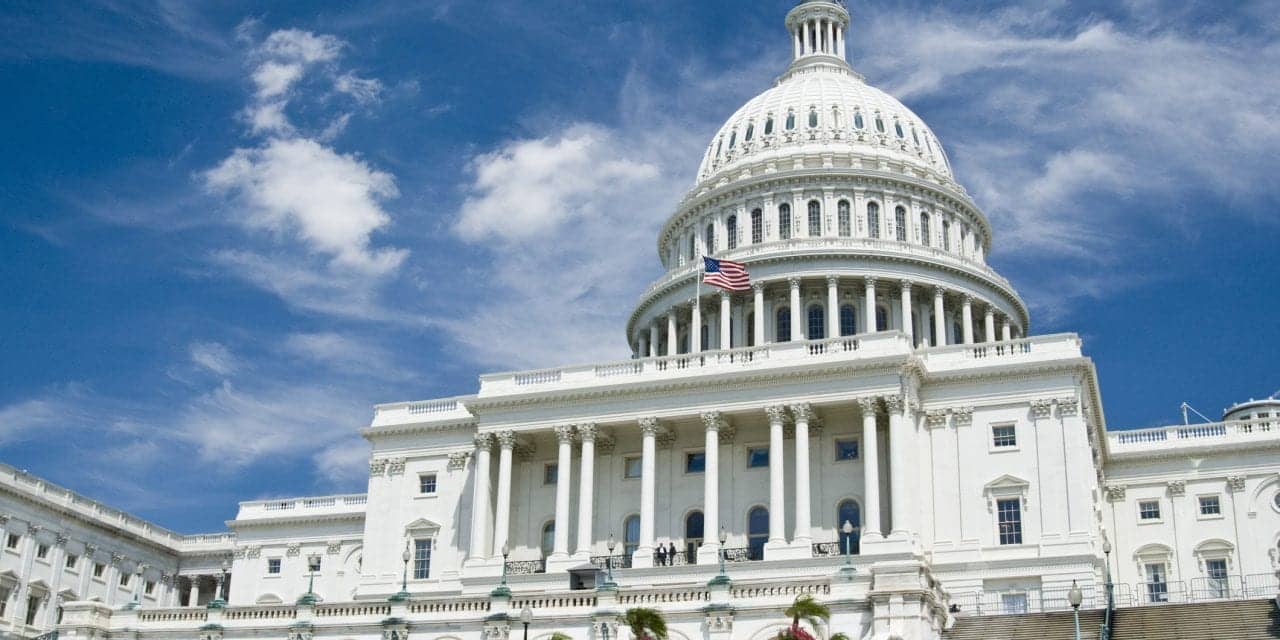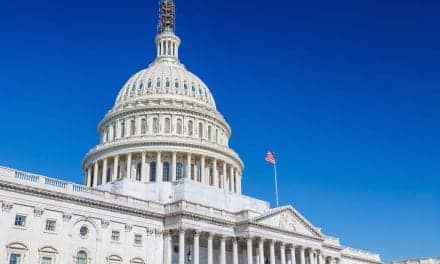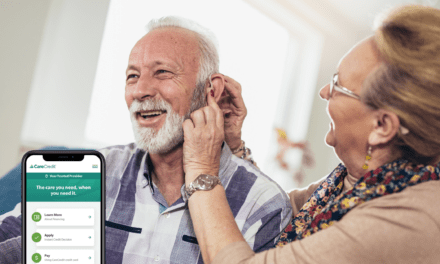US Senators Elizabeth Warren (D-Mass) and Rand Paul (R-Ky) have introduced the Audiology Patient Choice Act, a bipartisan bill designed to ensure seniors and people with disabilities on Medicare have access to a full range of hearing and balance health care services provided by licensed audiologists, according to a joint press release. The bill mirrors the previous bill introduced in the House of Representatives by Congressmen Tom Rice (R-SC), Matt Cartwright (D-Pa), and Lynn Jenkins (R-Kan) in 2017. It is also similar to the previous Audiology Patient Choice Act bill which was introduced in late July 2014 and was a central part of the Academy of Doctors of Audiology (ADA) 18×18 Initiative that began in 2013.
According to the press release, Medicare already covers a range of hearing health services and audiologists are trained and licensed in all 50 states, all US territories, and the District of Columbia to perform these services. However, Medicare currently does not recognize audiologists as providers of most hearing health-related services and will only allow reimbursement for a narrow set of tests to diagnose a hearing or balance disorder—and only if patients first obtain an order from a physician or nurse practitioner. These rules are far more restrictive than many private and federal insurance plans.
The Audiology Patient Choice Act is designed to improve hearing healthcare for Medicare beneficiaries by allowing audiologists to provide all services already covered by Medicare that are also within an audiologist’s scope of practice. The bill includes provisions that would implement the National Academies’ recommendation to allow audiologists to receive Medicare reimbursement for auditory rehabilitation services. The bill would also ensure that Medicare’s treatment of audiologists is consistent with the classification of other health care providers such as dentists, podiatrists, chiropractors, and optometrists.
In the joint statement from Sens Warren and Paul, the legislators cite a recent report by the National Academies of Science, Engineering, and Medicine (NASEM) that notes hearing healthcare is “often expensive and underutilized by many of the people who need it.” Outdated Medicare rules contribute to this problem by creating unnecessary barriers to care for seniors with hearing loss, says the statement.
“This bill will make a life changing difference for the millions of Americans who experience hearing loss but can’t access the care they need because of archaic regulations,” said Senator Warren. “I’m glad to work with Senator Paul on this common sense step to bring down costs for our seniors.”
“Our legislation gets government out of the decision-making process so Americans can seek treatment from audiologists more quickly, easily, and affordably,” said Senator Paul. “It proves Congress can come together across the aisle to find solutions to improve our health care system.”
The Audiology Patient Choice Act makes no changes to the scope of hearing health benefits covered by Medicare or the scope of practice of audiologists. The legislation is endorsed by the Academy of Doctors of Audiology (ADA) and the Hearing Loss Association of America (HLAA).
Contentious history. Also referred to in the past as “direct access,” the legislation is designed to improve access to the audiology services available for coverage under the Medicare program and to enable beneficiaries to have their choice of a qualified audiologist to provide such services, and for other purposes.
Historically, the bills have not been without detractors. In 2014, the American Academy of Otolaryngology-Head and Neck Surgery (AAO-HNS) and International Hearing Society (IHS) opposed direct access, while the bill gained only an approving nod from the other major audiology organizations. At that time, the three major audiology organizations had divergent and clashing views regarding a strategy for obtaining direct access, with ADA’s stance being the most far-reaching and ambitious.
However, since then, the legislative and regulatory landscape around the issue has changed in favor of deregulation and easier access to hearing aids. Last August, President Trump signed into law the Over the Counter Hearing Aid Act designed to provide greater public accessibility and affordability with over-the-counter (OTC) hearing aids, and in December 2016 the FDA eliminated the so-called “physician waiver” system —one contentious component of the direct access debate—which required consumers first to seek a physician for a medical evaluation or sign a waiver prior to obtaining a hearing aid.





